Why Does My Cat Drool When I Pet Him?
Published Dec. 9 2020, 4:33 p.m. ET
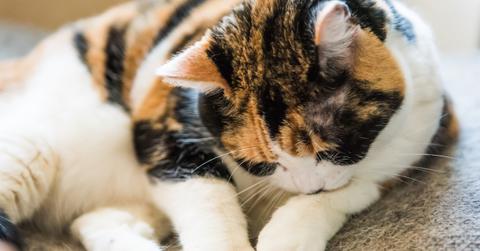
Cats are not known for drooling, especially when compared to their biological foil, the humble canine. Nevertheless, as odd as it may sound, cats do indeed drool from time to time. And even in cases where the cat in question is particularly friendly, this drool might go completely unnoticed.
There are also some circumstances where you may feel a bit of spittle while scratching beneath your kitty’s chin. In those cases, you might be wondering, why does my cat drool when I pet him?
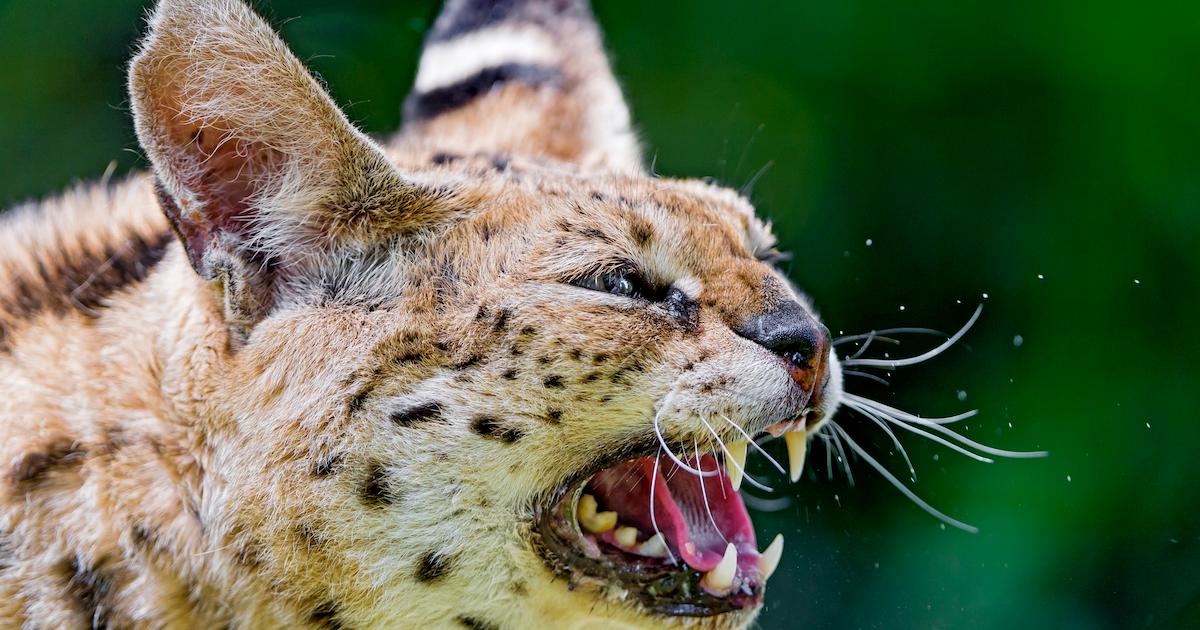
Do cats drool?
Many animals drool — even ourselves, in fact. Drool is simply saliva, after all, a liquid part of digestion that comes pouring out of our salivary glands and pools in the mouth. Drool happens when saliva pools to such an extent that it begins to pour or seep out of an open mouth. In terms of people, this usually happens when we’ve had too much novocaine or during sleep. Dogs and cats, however, are a little different.
Some breeds of dogs are actually genetically predisposed to drooling. This is because dogs have four pairs of salivary glands. All this saliva helps digestion and swallowing, but four pairs will undoubtedly produce prodigious amounts of doggy drool. Cats, meanwhile, have five major salivary glands, which oddly enough, do not produce nearly as much overt drool as their canine counterparts.
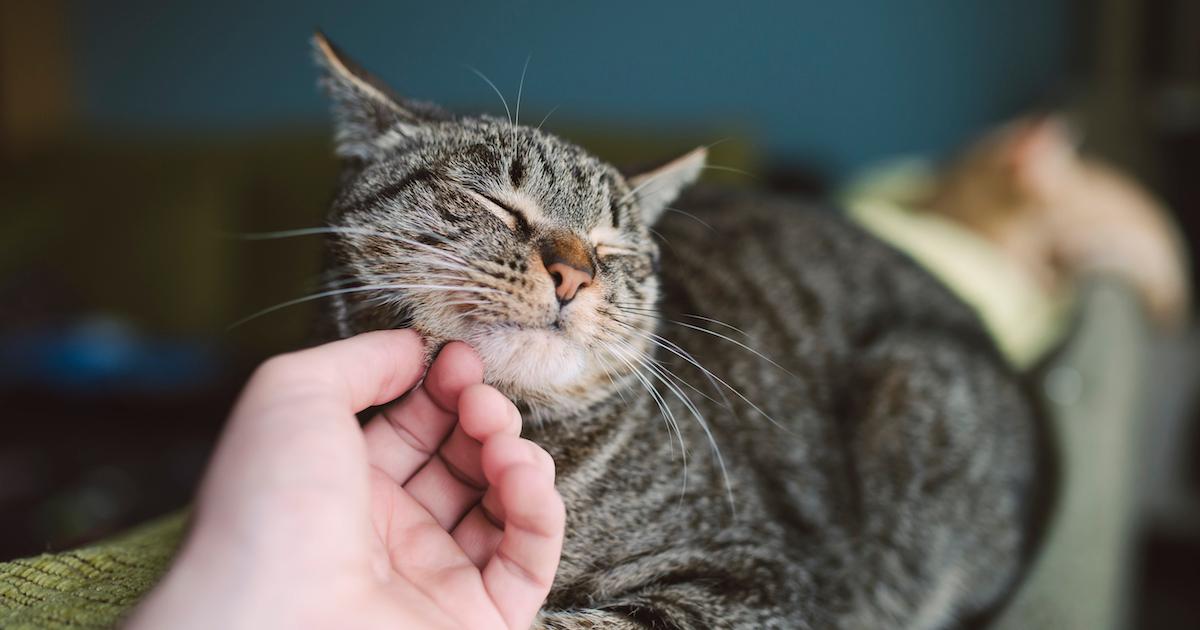
Why do cats drool at all?
A little amount of cat drool is normal. Like us, it may seep out if they are hungry or sleeping with their mouth agape. An excessive amount of drool, on the other hand, could be indicative of something being wrong. For example, it could be caused by emotional stimuli, irritations in the body the cat might be trying to wash away, or by some sort of pathologic condition, inflammation, pain, or inability to swallow. In any of these cases, it’s probably best to talk to your veterinarian.
Why does my cat drool when I pet him?
If your cat is drooling when you pet him, it might just be because he’s happy. Some cats drool when they are afraid or when they are upset, but it’s more likely that they are drooling because they are relaxed. Some cats drool when they are at ease, asleep, and when they are enjoying human cuddles. It merely indicates a physiologic response to happiness or extreme relaxation. In terms of fear drooling, cats who are prone to motion sickness might evince this behavior as well.
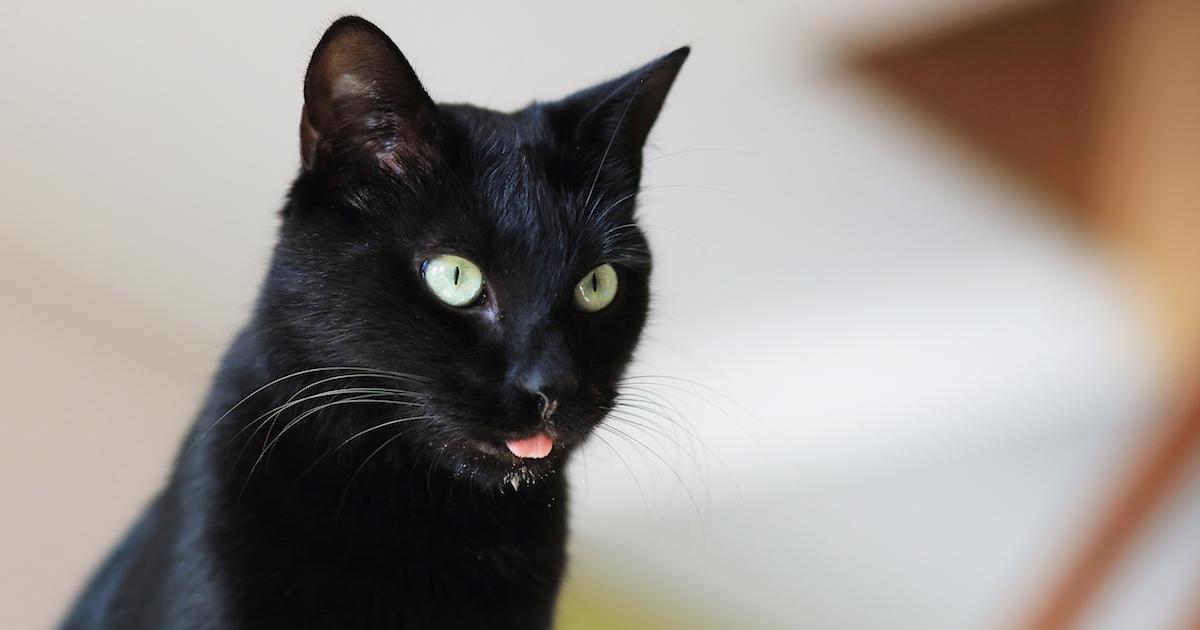
Does drooling mean my cat is sick?
There are cases where excessive drooling can be a strong indication of sickness in your feline friend. Dental diseases, oral cancer, and other types of bacterial mouth infections can result in this type of drooling. Dental disease is most common among these because as many as 85 percent of cats over 3 years of age have some type of tooth or gum disease. If kitty’s saliva is blood-tinged or foul-smelling, dental disease could be your culprit.
Sadly, many cats are also prone to develop oral cancer that can occur in different parts of the mouth. It can show itself at the tip of the tongue or the back of the throat. The drool that comes from these conditions is usually ongoing and similarly tinged with blood. In these cases, you should talk to your vet immediately about possible testing and treatments.
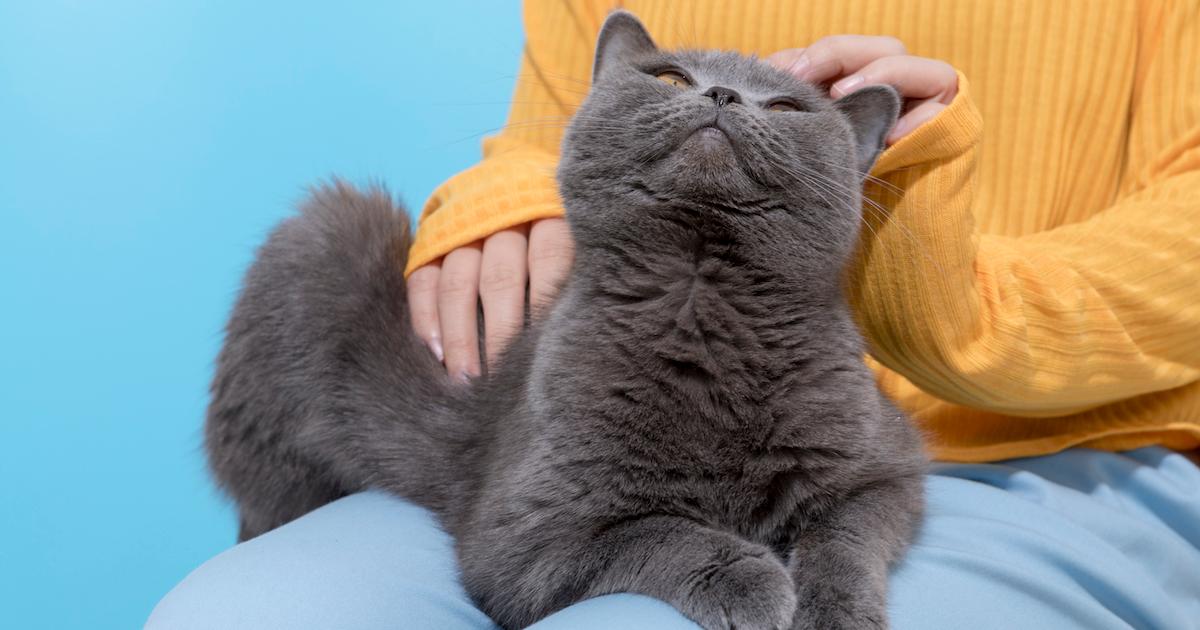
Can anything else cause my cat to drool?
Other causes of cat drool include viral respiratory conditions that result in the development of ulcerations in the cat’s mouth. Excessive drool is a side-effect of such respiratory conditions. Finally, a foreign body might be responsible for the drool. If the cat swallowed an errant blade of grass, a small fishbone, or a piece of a metal paper clip, and it got lodged in their mouth, the drool might be the cat’s way of trying to “wash it out.” The drool also might be the result of something stuck in the cat’s tummy or esophagus and the animal’s efforts to vomit it back up.
If your cat is drooling excessively and you don’t know what you should do or what the cause of it might be, talk to your veterinarian. As we have discussed, cat drool can occasionally be a sign of a very serious health condition and you would do well to head it off at the onset before it gets any worse.